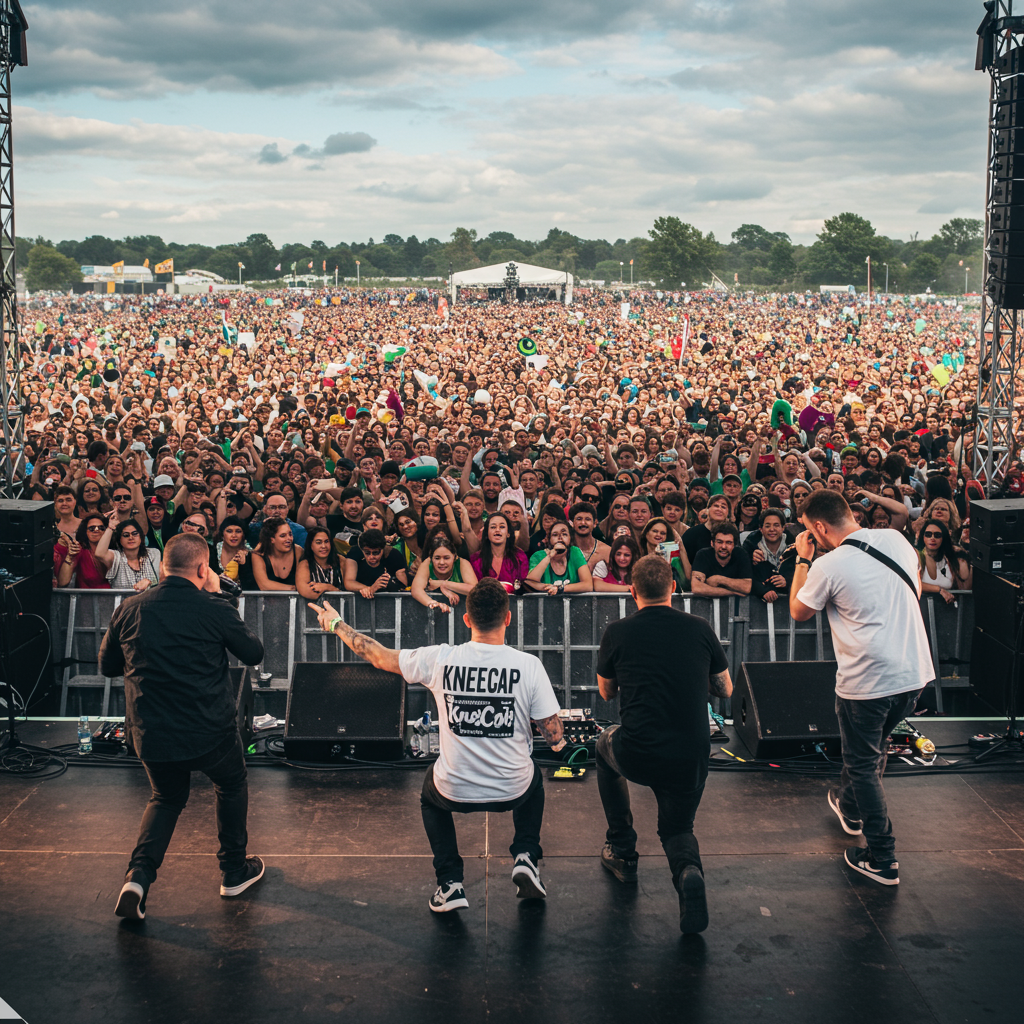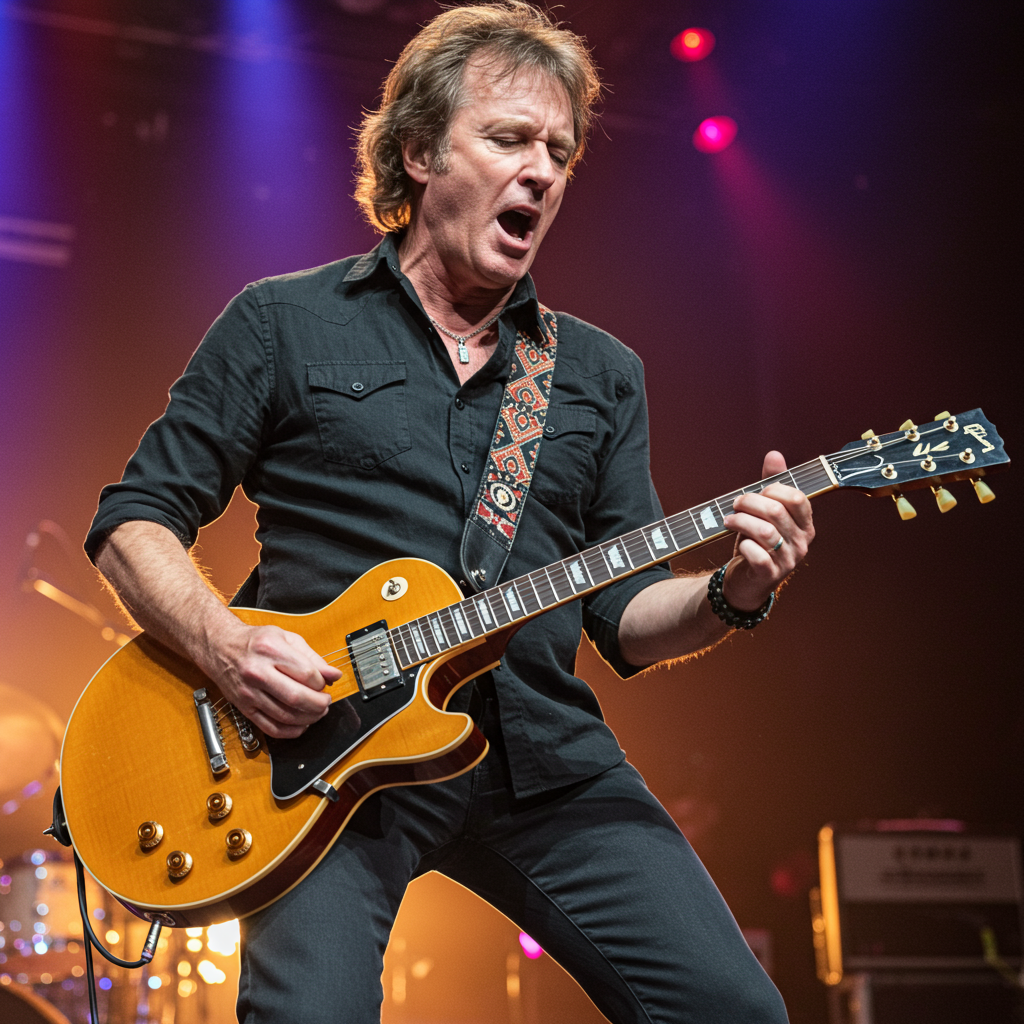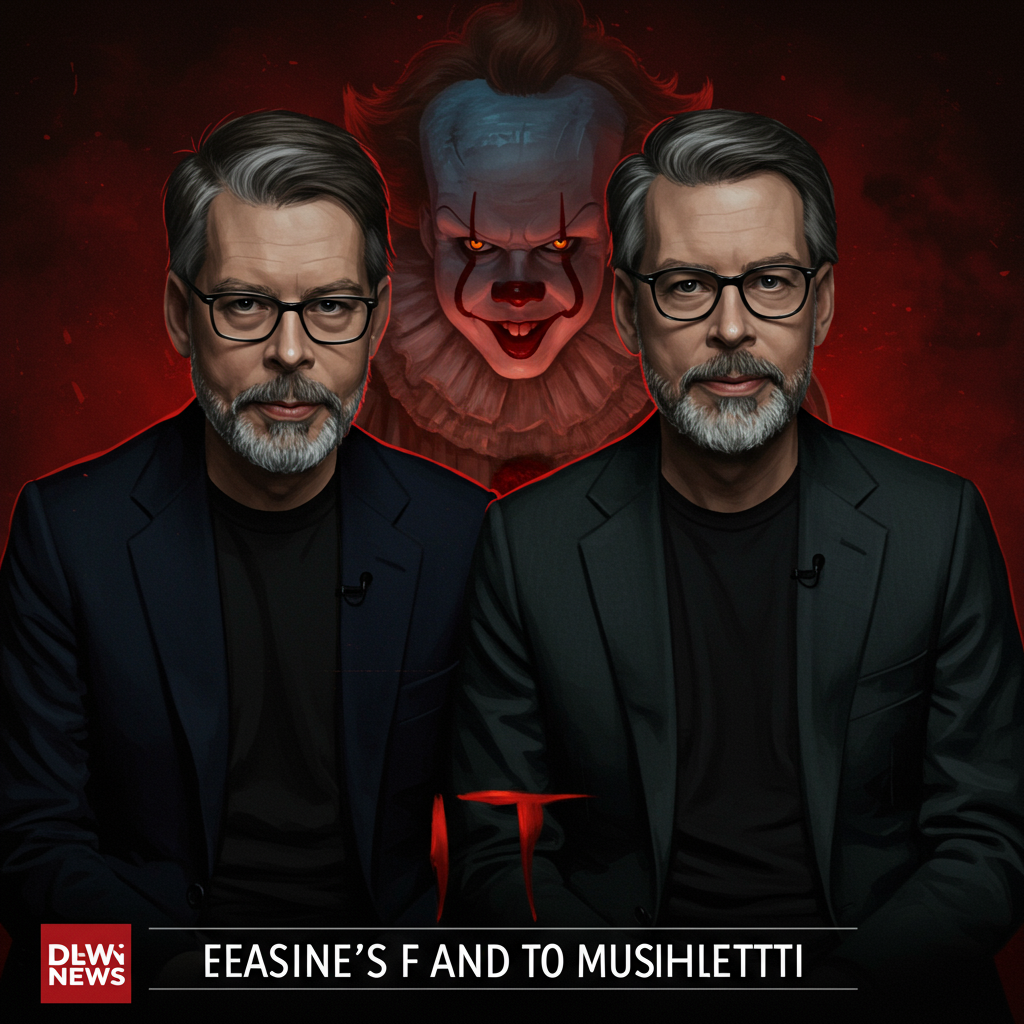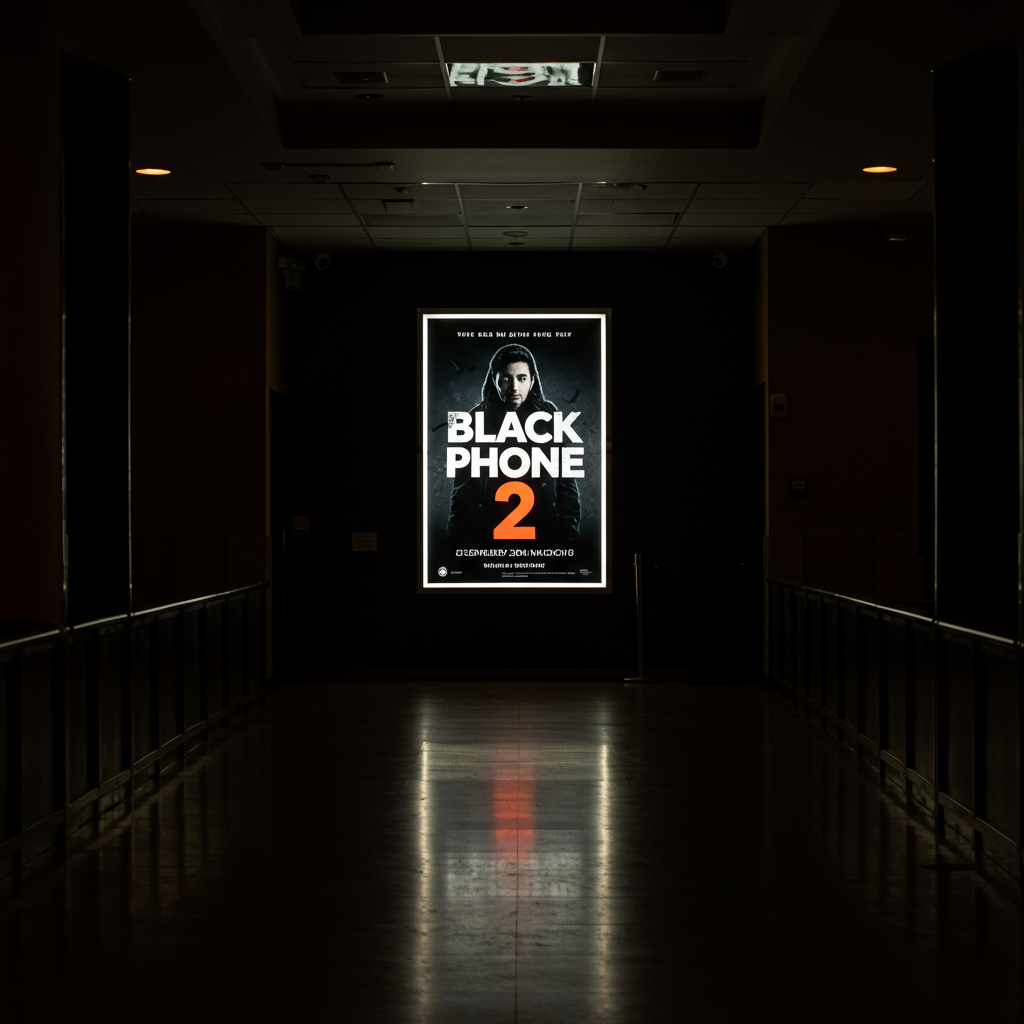Irish-language rap group Kneecap ignited one of the most talked-about moments at the recent glastonbury Festival. their performance on Saturday afternoon quickly drew an immense crowd, necessitating organizers to close access to the West Holts stage area due to overcrowding. However, the set gained attention not just for its popularity but for its intensely political nature, bringing prominent pro-Palestinian viewpoints and criticism of UK politicians directly onto Britain’s biggest music festival stage. This highly charged appearance unfolded against a backdrop of significant controversy surrounding the band, including a terrorism charge against one of its members and public criticism from high-profile figures.
A Politically Charged Performance at Glastonbury
About twenty minutes into their energetic set on Saturday, the Belfast trio paused the music. Rapper Mo Chara, wearing a Palestinian keffiyeh, addressed the tens of thousands in the audience directly. He declared, “I don’t have to lecture you people.” Mo Chara then stated plainly, “Israel are war criminals,” an accusation Israel strongly denies. He followed this by leading the massive crowd in a resonant chant: “Free, free, Palestine.” This moment underscored the band’s unwavering stance and commitment to using their platform for political expression. The crowd responded with enthusiasm, with many Palestinian flags visible throughout the field, mixing with typical festival banners.
The band’s performance blended raucous electro-rap with their punchy, often controversial, lyrics. Beyond the Palestinian cause, they also took aim at UK political figures. Kneecap specifically criticized UK Prime Minister Sir Keir Starmer, who had previously stated that their appearance at the festival was “not appropriate.” Addressing the crowd, the band thanked Glastonbury for resisting pressure and keeping them on the bill, noting, “the prime minister of your country, not mine, said he didn’t want us to play.” This led to multiple chants against Starmer from the audience. Mo Chara also referenced his ongoing legal situation, telling the crowd, “Glastonbury, I am a free man!” His bandmate, Móglaí Bap, labelled the charge a “trumped up terrorism charge,” drawing a historical parallel to miscarriages of justice faced by Irish people in the British system.
The Controversies Surrounding Kneecap
The band’s performance at Glastonbury came after several turbulent months. In April, Kneecap reportedly lost their U.S. visa sponsor following anti-Israel statements made during their set at the Coachella festival. The most serious issue involves a terrorism charge against Mo Chara (Liam Óg Ó hAnnaidh). The charge stems from allegations that he displayed the flag of Hezbollah, a militant group banned in the UK, onstage at a London show in November 2024. He is currently on bail and denies the charge, claiming the display was a joke taken out of context and that they were “playing characters.” Expressing support for a proscribed organization is illegal in the United Kingdom.
This incident amplified the band’s visibility and the scrutiny they face. Kneecap had already gained broader attention, partly due to a semi-autobiographical film released the previous year that earned BAFTA recognition. However, their outspoken political views have consistently courted controversy. Beyond the Hezbollah flag incident, police are also investigating online videos where the band allegedly called for the death of British Conservative lawmakers and chanted “up Hamas, up Hezbollah” after a London gig. While they deny supporting Hamas or Hezbollah and claim the video was out of context, these past events fuel the ongoing debate around their actions and rhetoric.
Political Backlash and Festival Support
The band’s strong political stance at Glastonbury drew immediate condemnation. The UK government, through figures like minister Wes Streeting, publicly criticized the anti-Israel sentiments expressed by artists at the festival, including Kneecap. Streeting stated that both the BBC and Glastonbury had “questions to answer” regarding the broadcast of such content. The Israeli embassy in London also issued a statement expressing that they were “deeply disturbed” by the rhetoric and concerned about the potential “normalisation of extremist language.”
Prior to the festival, the Board of Deputies of British Jews had written to Glastonbury organizers, urging them not to provide a platform that could legitimize the band’s views. Prime Minister Keir Starmer had also publicly deemed their appearance “not appropriate.” Despite this significant pressure from politicians, government figures, and Jewish groups, Glastonbury organizers stood by their decision to host Kneecap. Festival founder Sir Michael Eavis and his daughter Emily Eavis publicly supported the band. Emily Eavis emphasized that Glastonbury serves as “a platform for many, many artists from all over the world,” asserting that “everyone is welcome.” Sir Michael added that those who disagree with the festival’s politics “can go somewhere else.” Onstage, Kneecap explicitly thanked the Eavis family for withstanding the external pressure.
The BBC’s Broadcasting Challenge
The highly political and controversial nature of Kneecap’s set posed a significant challenge for the BBC, which provides extensive live coverage of Glastonbury. Broadcasting decisions must adhere to strict impartiality and editorial guidelines. While the BBC did not live stream Kneecap’s performance, they later made a largely unedited version available on their digital platforms as part of the festival’s highlights. A BBC spokesperson confirmed this approach, noting that they don’t always live stream every act but aim to provide sets on demand while adhering to guidelines. Mo Chara humorously acknowledged the prevalence of Palestinian flags in the crowd, suggesting it would create difficulties for the BBC’s editors.
However, the broadcast of political messages from other artists, such as Bobby Vylan leading chants of “Death, death to the IDF,” also generated controversy. The BBC decided not to make Bobby Vylan’s set available on demand, describing some of his comments as “deeply offensive.” Culture Secretary Lisa Nandy sought an urgent explanation from the BBC director-general regarding their due diligence protocols. Police are reviewing video evidence from Saturday’s events involving both acts to determine if any criminal offences occurred.
Fan Reactions and Underlying Context
Despite the legal challenges and political outcry, the crowd reaction at Glastonbury indicated strong support for Kneecap. Tens of thousands cheered the band, with many seemingly unconcerned by the controversies or the band’s explicit political messaging. Amy Pepper, a 46-year-old health worker from Northern Ireland, described the band as “really inspirational,” particularly for her children.
Fan perspectives often frame the band’s actions within the context of artistic freedom and Irish history. Some argue that artists should be free to express themselves without censorship. Others suggest their boundary-pushing behaviour can be understood through the lens of “a hundred years of oppression in Northern Ireland,” providing historical context for their anti-establishment stance. The band themselves frame the legal action and intense political focus as “political policing” and a “carnival of distraction.” They argue that the British establishment is prioritizing focus on them rather than addressing humanitarian crises like the potential starvation of children in Gaza due to food blockades.
Kneecap’s Glastonbury set was a potent demonstration of their commitment to using their music and platform for political activism, even as they navigate serious legal challenges and high-level political criticism. It highlighted the festival’s role as a space for diverse voices and the ongoing tensions when music intersects directly with complex geopolitical issues. The performance, the reactions, and the subsequent police review underscore the sensitive and sometimes volatile nature of political expression in the public sphere, particularly when amplified by a major cultural event.
Frequently Asked Questions
What statements did Kneecap make at Glastonbury that caused controversy?
During their set at the Glastonbury Festival, Irish rap group Kneecap made explicit pro-Palestinian statements. Rapper Mo Chara declared, “Israel are war criminals” and led the crowd in chants of “Free, free, Palestine.” They also publicly criticized UK Prime Minister Keir Starmer for opposing their festival appearance and led the audience in chanting against him. Additionally, a band member reportedly wore a t-shirt supporting the protest group Palestine Action.
What is the terrorism charge against Kneecap’s Mo Chara related to?
The terrorism charge against Liam Óg Ó hAnnaidh, known as Mo Chara, relates to allegations that he displayed the flag of Hezbollah, a group proscribed as a terrorist organization in the UK, during a concert in London the previous year. Supporting or expressing support for a banned organization is considered an offence under UK law. Ó hAnnaidh denies the charge, stating the video evidence was taken out of context and the flag display was intended as a joke while playing characters.
How did Glastonbury festival organisers respond to calls to ban Kneecap?
Despite facing pressure and public criticism from political figures like Prime Minister Keir Starmer and groups such as the Board of Deputies of British Jews, Glastonbury festival organizers chose not to ban Kneecap. Festival founder Michael Eavis and his daughter Emily Eavis publicly supported the band’s appearance, stating that Glastonbury is a platform for artists from around the world and welcomes everyone, even amidst discussions of “heated topics.” The band thanked the Eavis family on stage for resisting the pressure to cancel their set.
Word Count Check: 984




